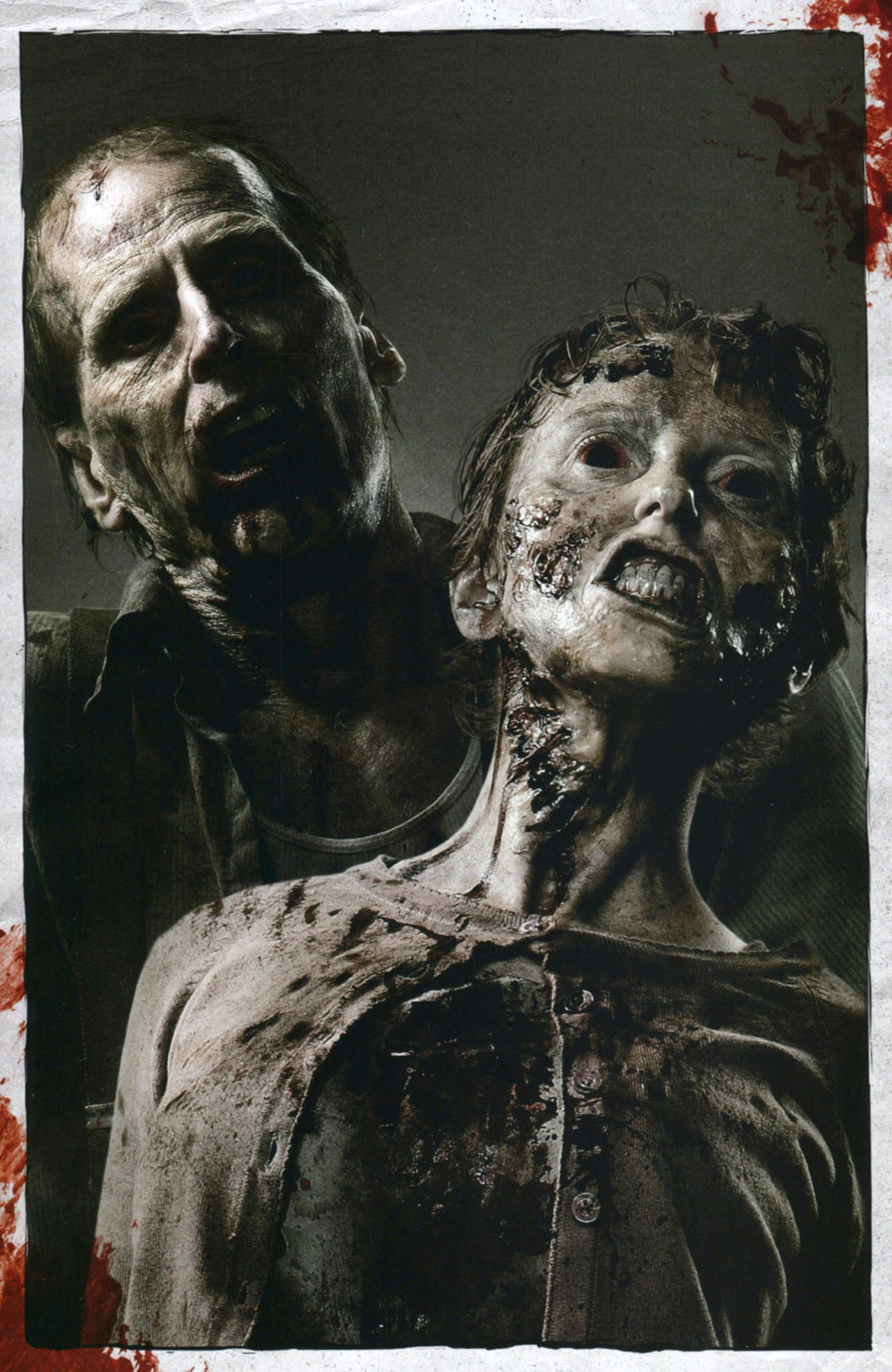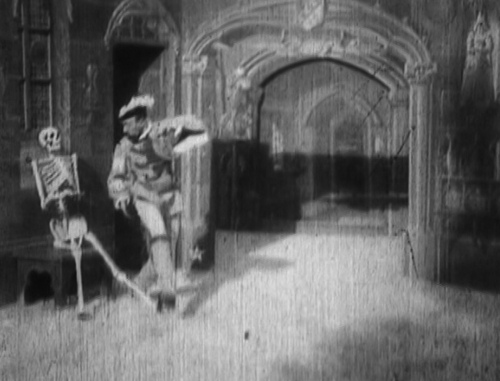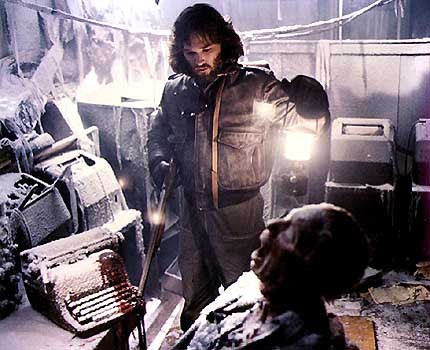Part IV: Final Thoughts
Or, As For Me and My House, We Will Serve the Horror
I've been mentally composing this piece for about two years. How I would start it, how I would finish it, what points I would make... then, as so often happens when I sit down at the keyboard, the writing took over. I never suspected the turns this piece would take, or the length to which it would grow. I've been satisfied - it's just interesting to look at all four sections together and see how everything compares to my original intention.
How to sum everything up? I won't win any converts, and I can't say that was my intention. I simply wanted to give voice to a genre which I felt was unfairly represented and criticized, and to offer insight into my own maturation and appreciation, considering I too once believed the horror genre to be a complete waste of time.
How wrong I was! Okay, fine - a majority of the titles are a waste of time, but can't that be said of the majority of all movies of all genres? Jim Emerson recently estimated that only about 20% of all movies are worth watching, and sadly that's a pretty generous figure.
So what is the point, then, if you're not trying to convert people, and you're admitting that the genre is full of garbage? In a nutshell, what I've been trying to do over this past week is simply level the playing field, to offer perhaps a different way of looking at the genre. I know a lot of people - smart, reasonable, normal people - who all but refuse to watch horror movies. There are a few people in that mix who will watch "classics," or will occasionally venture out if a specific title receives high praise, but otherwise they simply ignore the genre.
 We stand at an interesting crossroads in media consumption. In some ways, the horror genre has never been stronger. Just look at the financial, cultural, and critical success of television series like The Walking Dead or True Blood; horror series such as Saw and Paranormal Activity have become annual financial powerhouses; vampires have become chic with the success of the Twilight novel series. Despite this, however, there remains a stigma - a pervading thought that "Okay, dabble in this if you want some cheap laughs, but horror movies are not good for you!" People look down their noses at you when you say you like horror movies.
We stand at an interesting crossroads in media consumption. In some ways, the horror genre has never been stronger. Just look at the financial, cultural, and critical success of television series like The Walking Dead or True Blood; horror series such as Saw and Paranormal Activity have become annual financial powerhouses; vampires have become chic with the success of the Twilight novel series. Despite this, however, there remains a stigma - a pervading thought that "Okay, dabble in this if you want some cheap laughs, but horror movies are not good for you!" People look down their noses at you when you say you like horror movies.That's something that drives me crazy, and that's just the sort of unfair prejudice against the genre I'm talking about. When people talk about the horror genre, they always seem to have those annoying, invisible quote marks in the air: "It's great for a horror film," "Good for what it is," "A decent horror movie." Why all the qualifiers? It's like people are ashamed. The stereotype is that horror movies are stupid, carnal - something a sophisticated person could not enjoy. That attitude is stupid! Great movies are great movies. Drop the pretense.













